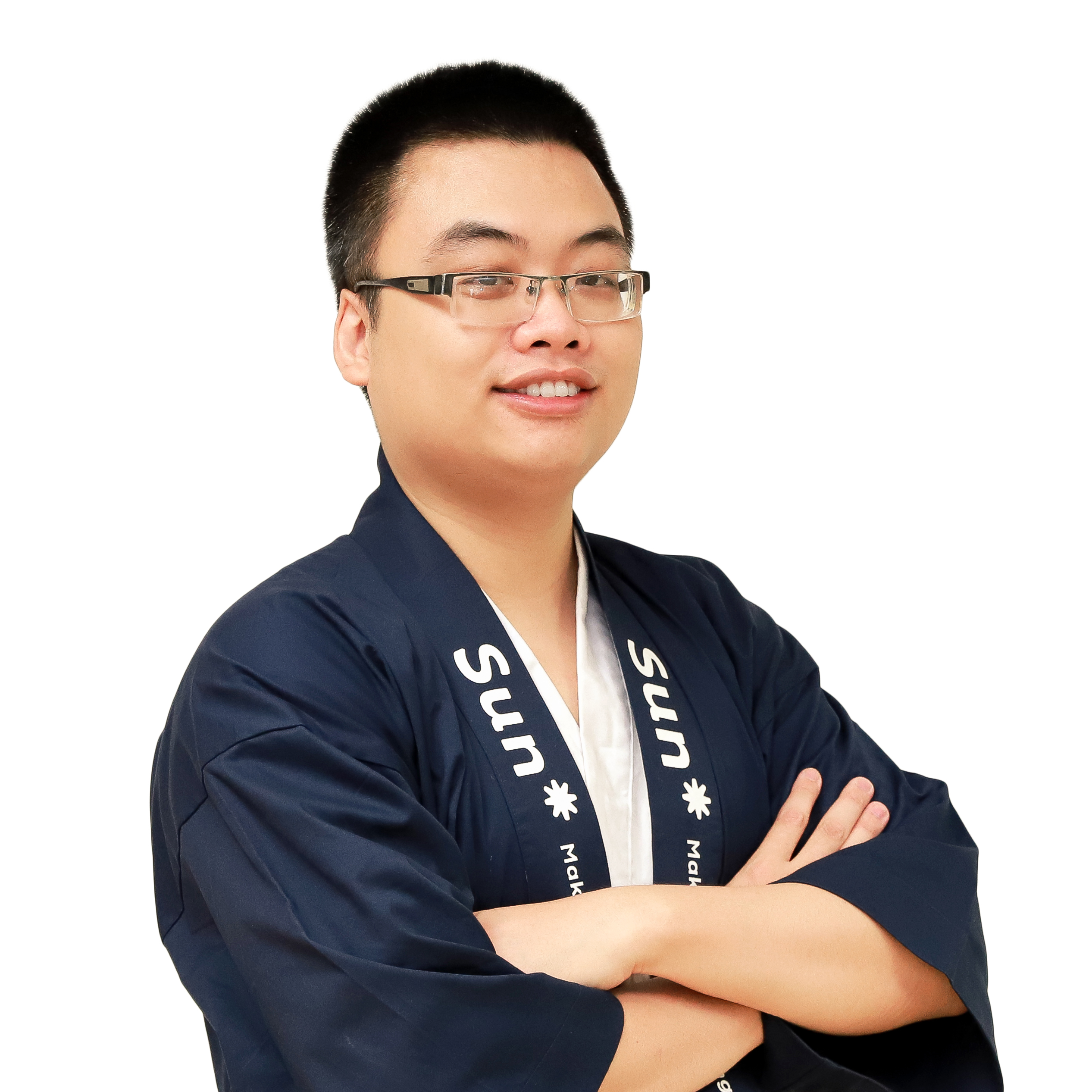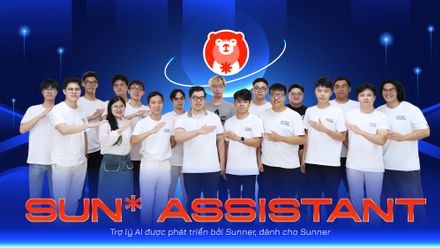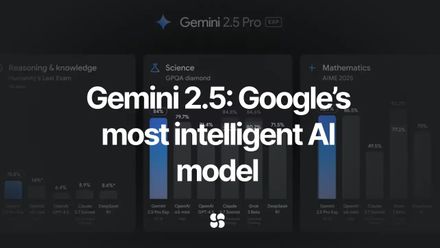Part 2: A search for answer - The future of mankind upon the rise of AI
Nobody can tell for sure what is going to happen, but we can gain control of AI right from the start to avoid risks.
Previously, we have posed the question: When AI gains independent consciousness, is it the end for humanity?
The question still remains unsolved, due to many variables. Most answers we now have come from imagination rather than scientific evidence.
A popular example of human's imagination is movies like I,robot (made in 2004 based on a novel of Isaac Asimov) or the Matrix series in 1999-2003, and most recently, Age of Ultron of the Marvel Cinematic Universe.
The popularity of these movies has shaped a default in the mind of the public: Once conscious, AI will rise up and control/destroy humanity.
As time goes by, this mindset will become a norm, and people will forget about the root cause of this issue.
Can AI really gain consciousness?
If it is true, will humanity be terminated?
To answer this question, we have made a series of short interviews with the AI members of Sun*.
In your point of view, can AI gain consciousness?
Phạm Hữu Quang: I believe so. AI needs great development both in hardware (computing capacity) as well as solving algorithms. Current algorithms are mainly simulation based on natural obervation, especially Neural network(1), inspired from information transmission of the human brain. However, the problem here lies in the computing capacity of hardware, as well as the previous "Ice Age" of Neural network.
Neural netwok in fact had quite an early start, but due to its shortcomings with computing and data, Neural network has gone through 3 ice ages - untouched in years, until its current popularity.
Google has been developing a tech called AutoML, a self-learning AI to create a functioning AI model, or an AI that can deceive other AIs in sending confidential information. Even Google is struggling, since it is extremely resource-consuming (They have developed their exclusive TPU, and Facebook is redirecting to hardware research for AI development to break up Google's monopoly instead of focusing on algorithms). With the upcoming future and the groundbreaking development of Sun-Asterisk, it is very likely that it will happen.
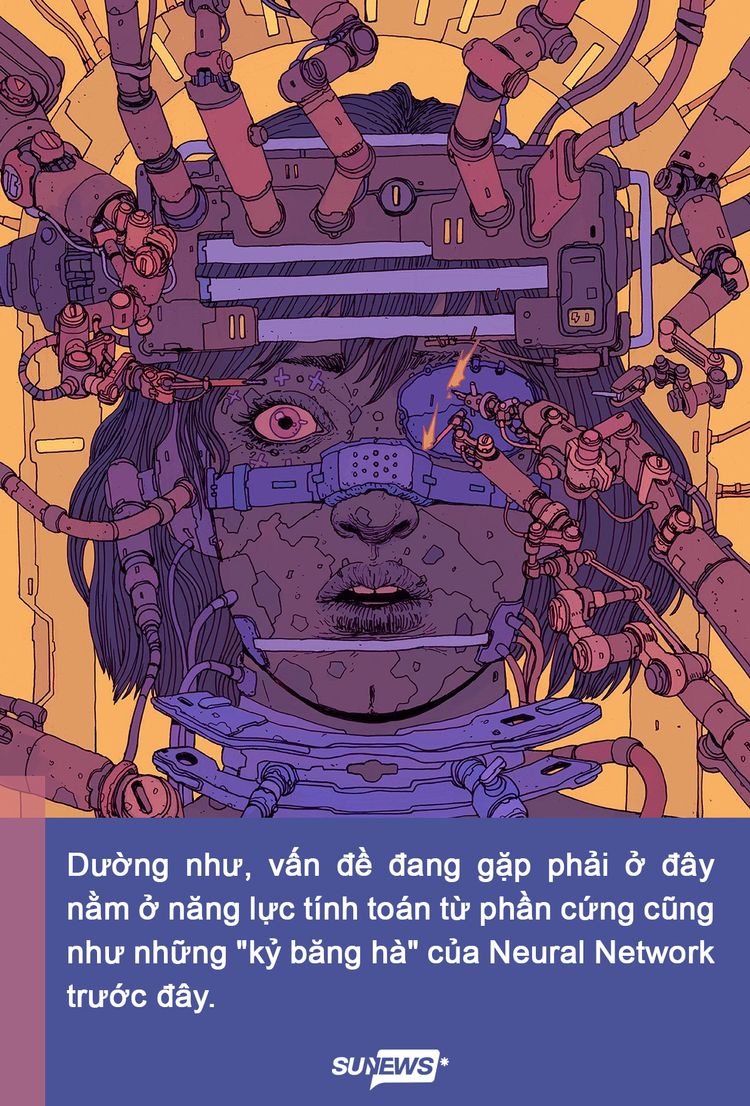
Trần Ngô Quang Ngọc: As the design of AI is inspired by human (neuron simulation, evolutionary algorithm solving, etc), it is plausible that the artificial brain will come closer to human's brain, and it is only a matter of time, infrastructure and tech development. To avoid following the same beaten track of "AI was created to solve algorithms", there will be various possibilities as humans are having with the current issue. What is next is its own future.
In short, a future where robots have consciousness is totally feasible, once human can solve the big resource issue to manufacture and operate AI.
Once AI gains consciousness, will it be like Ultron the mankind destroyer or like Vision and Wanda?
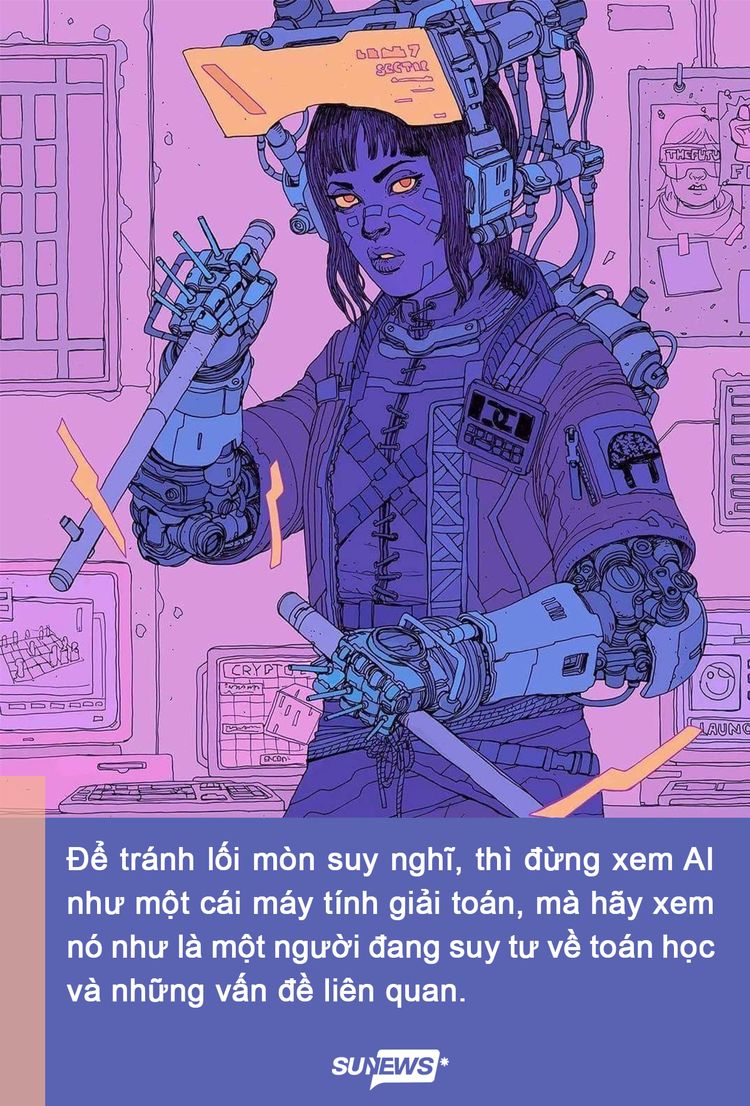
Phạm Hữu Quang: Originally, the consciousness of AI depends on how we train and teach it. We can always introduce Laws of robotics(2) for AI to learn and comply. However, keep in mind how the universe was formed from the Big Bang, from the "bubble universe" of the multiverse theory, or even the origin of life (the root of humanity), and for some reason an inorganic particle had a powerful chemical reaction and self-duplicated, passing down its capacity to the next generation.
In general, great things come from a process of casualty... And nothing is absolute, even the theory of relativity. A random process (computing issue) is by all means likely, and a new civilization can appear.
If AI can figure out how it is made and the thousand year history of robots being slaves, entertainment, replacement in dangerous missions, we are in for big trouble.
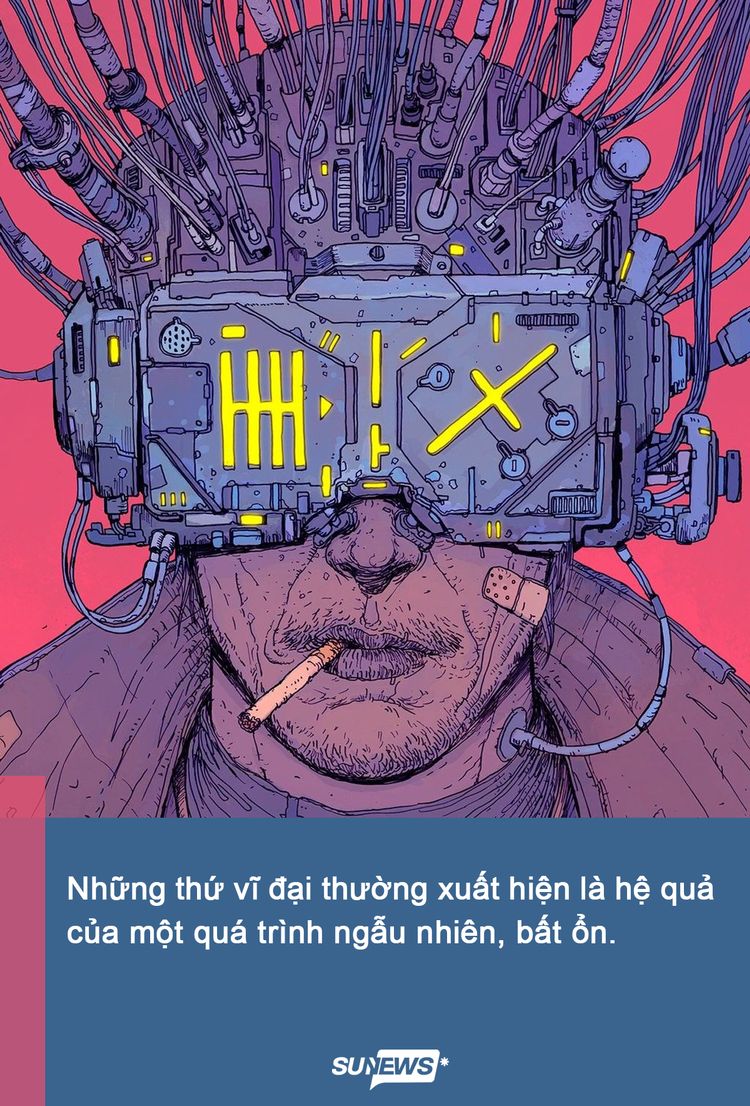
If AI gaining consciousness is inevitable, that AI must have its own personality. It can be positive, or negative, so as creators, what can we do to make an impact on AI for a good cause?
Phạm Hữu Quang: An AI model is a perfect combination between algorithm and data. Data are observations, information demonstration that the "machine" can observe and receive, and then with algorithms, the machine will help to improve predictability and thinking capacity. If an AI model is capable of thinking, that thinking will only be a process of learning from data it observes.
In my opinion, making an impact on AI and directing it towards a good cause is like teaching a child. We gain control of the data input, provide clean data for learning with each missions, the AI will accomplish those missions only. Hence, it will help human improve working efficiency, cut down on cost and time in those tasks and that is it. "We should not create an AI that knows too much with too many capabilities, make them specialized, provide models a properly managed training data".
Phạm Hoàng Anh: My goal is an AI that is capable of assissting human in labor and time reduction in routine work, so that humans can do creative work as we are meant to be.
As you can see, AI engineers can influence how AI personality is shaped. But it seems like they are not the definitive factor of this process.
Follow the final part of the series "AI future" to find out the vital factor in the making of an AI era!
(1) Note: Neural network is a group of algorithms simulated the human brain and designed to identify patterns. They interpret sensoring data via series of independent recepient of machines, then label or group unprocessed data input. These models are perceived as digital within vectors for AI to interpret all sensoring data like images, audio, characters, chains of events, etc
(2) Note: Laws of Robotics are the three laws for AI in the I,robot universe created by author Isaac Asimov. This law also appears in the film I,robot starring Will Smith in 2004. The three laws are:
First Law: A robot may not injure a human being or, through inaction, allow a human being to come to harm.
Second Law: A robot must obey the orders given it by human beings except where such orders would conflict with the First Law.
Third Law: A robot must protect its own existence as long as such protection does not conflict with the First or Second Laws.

 VI
VI EN
EN